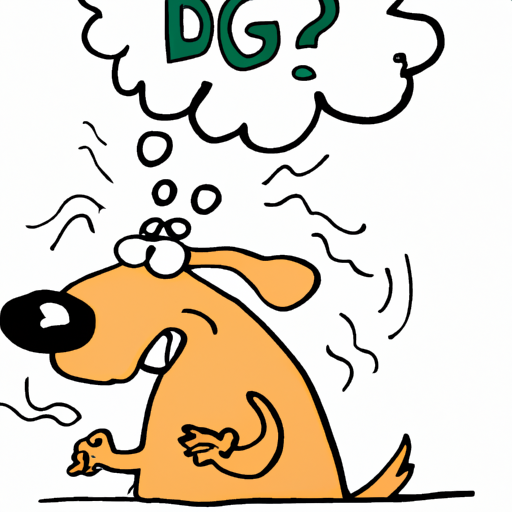As a passionate pet parent, you’ve likely noticed a peculiar behavior from your furry friend: they recoil or seem annoyed when you blow in their face. This behavior, as amusing as it might be to us humans, is not quite as enjoyable for our canine companions. But why, exactly, don’t dogs like it when we blow in their faces? This article will delve into the reasons behind this preference, the science of canine senses, and how understanding this can enhance your bond with your dog.
Table of Contents
- Understanding Canine Senses
- Dog Communication: Body Language and Boundaries
- Why Dogs Might Dislike Being Blown in the Face
- How to Respect Your Dog’s Boundaries
- FAQ
Key Takeaways
- Dogs have heightened senses, which can make blowing in their face overwhelming.
- Respecting your dog’s boundaries can strengthen your bond.
- Understanding canine body language is crucial to interpreting their needs.
Understanding Canine Senses
Dogs are creatures of extraordinary sensory perception. Their sense of smell is estimated to be between 10,000 to 100,000 times as acute as ours^1^, and they also have a highly developed sense of hearing. This superiority in sensory perception can make certain stimuli, like a direct gust of breath, uncomfortable or overwhelming.
Dog Communication: Body Language and Boundaries
If you’ve spent any time on Onetopdog, you’ll know that dogs communicate primarily through body language. When your dog pulls away or displays signs of discomfort when you blow in their face, they’re trying to communicate their boundaries to you. Respecting these boundaries is an essential part of building trust and a healthy relationship with your pet.
Why Dogs Might Dislike Being Blown in the Face
There are several reasons why dogs might not enjoy being blown in the face:
- Overwhelming Sensation: As we’ve already discussed, dogs have highly sensitive noses. A direct gust of your breath might carry a multitude of smells that are overwhelming to your pet.
- Perceived Threat: In dog language, a direct blow of air can be perceived as a sign of aggression or dominance. Your dog might interpret this action as a threat, causing them to react defensively.
- Unpleasant Experience: Just like humans, dogs have personal preferences. The sensation of air blown directly into their face might simply be an unpleasant experience for them.
How to Respect Your Dog’s Boundaries
Respecting your dog’s boundaries is crucial in fostering a healthy relationship. Here are a few ways to ensure you’re doing just that:
- Understand their body language: Learn to recognize when your dog is uncomfortable. Signs might include turning away, tucking their tail, or showing their teeth.
- Give them space: If your dog seems to dislike being blown in the face, refrain from doing it. Respect their space and comfort.
- Positive reinforcement: Reward your dog for communicating their boundaries. This can help build trust and reinforce positive behavior.
For more insight on dog behavior, you can check out these articles on Onetopdog and Onetopdog.
Frequently Asked Questions
Why does my dog react negatively when I blow in their face?
Dogs might perceive this action as a threat, or they might find the sensation and the smells overwhelming. Always respect your pet’s boundaries.
Does it harm my dog if I blow in their face?
While it might not physically harm them, it can cause them discomfort and stress. It’s best to avoid actions that your pet finds unpleasant.
How can I tell if my dog doesn’t like being blown in the face?
Look for signs of discomfort, such as turning away, tucking their tail, or showing their teeth. If you notice these signs, it’s best to stop the action causing them.
By understanding the reasons behind their preferences, you can build a stronger, more trusting relationship with your dog. Remember, your pet relies on you to interpret their needs and provide a safe, comfortable environment for them.



